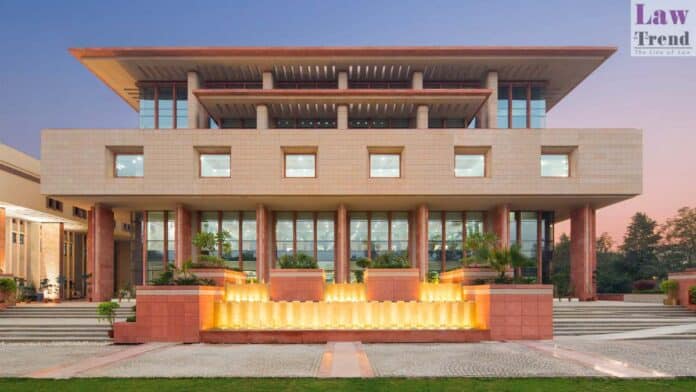The Delhi High Court has dismissed a plea seeking the destruction of call and message transcripts allegedly intercepted by the Central Bureau of Investigation (CBI), affirming the legality of the surveillance and stressing that corruption has a “pervasive impact” on the nation’s economy.
Justice Amit Mahajan, in a detailed order dated June 26, turned down the petition filed by Aakash Deep Chouhan challenging the framing of charges against him under criminal conspiracy provisions of the Indian Penal Code and the Prevention of Corruption Act. Chouhan had argued that the intercepted communications were obtained illegally and infringed upon his fundamental rights to privacy.
However, the court upheld the CBI’s position, ruling that the interception was carried out lawfully with proper authorization from the Ministry of Home Affairs. “The interception orders… were passed for the reason of public safety in the interest of public order to prevent incitement to commission of an offence,” the court said.
In a strongly worded observation, the court underlined the systemic damage caused by public sector corruption. “Corruption has a pervasive impact on a nation’s economy and… can impact anything from infrastructural development to resource allocation,” Justice Mahajan wrote. “It erodes public trust, casts aspersions on the integrity of institutions, and threatens the economic safety of the country.”
The CBI had accused Chouhan of being involved in a criminal conspiracy related to a sub-contract for steel work awarded to M/s Capacite Structures Ltd by M/s Shapoorji Pallonji & Co. Ltd under a project granted by NBCC Ltd. According to the agency, Pradeep, a public servant, allegedly demanded a motorcycle as bribe to influence senior officials at NBCC. The demand was reportedly conveyed by a middleman named Rishabh to Sanjay, the managing director of Capacite Structures. Chouhan, an employee of Sanjay, allegedly purchased the motorcycle intended as the bribe.
Chouhan’s plea argued that the intercepted communications were inadmissible and that no substantial case of suspicion was made out against him. However, the court rejected this assertion, stating that the right to privacy, though fundamental, is not absolute and can be restricted by law in the interest of public safety or in cases of public emergency.
The court emphasized that the gravity of the allegations—if proved—could undermine the integrity of public procurement processes by replacing merit with personal influence. “This not only vitiates the sanctity of public tendering but also subverts public interest,” the order noted.
Accordingly, the High Court concluded that no grounds existed for the destruction of the intercepted materials, allowing the CBI to retain the transcripts as part of its evidence in the ongoing trial.




